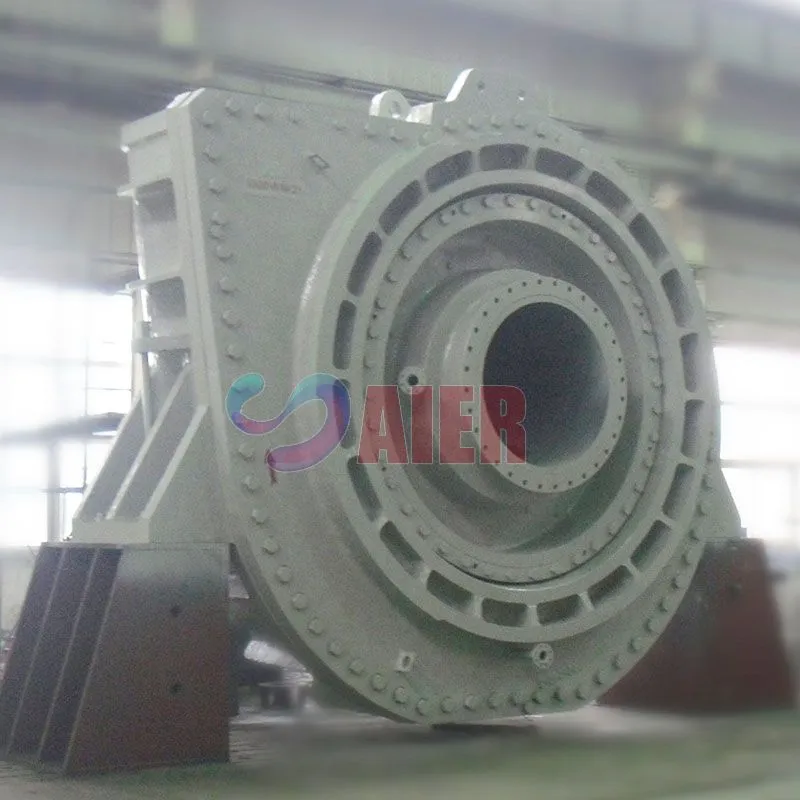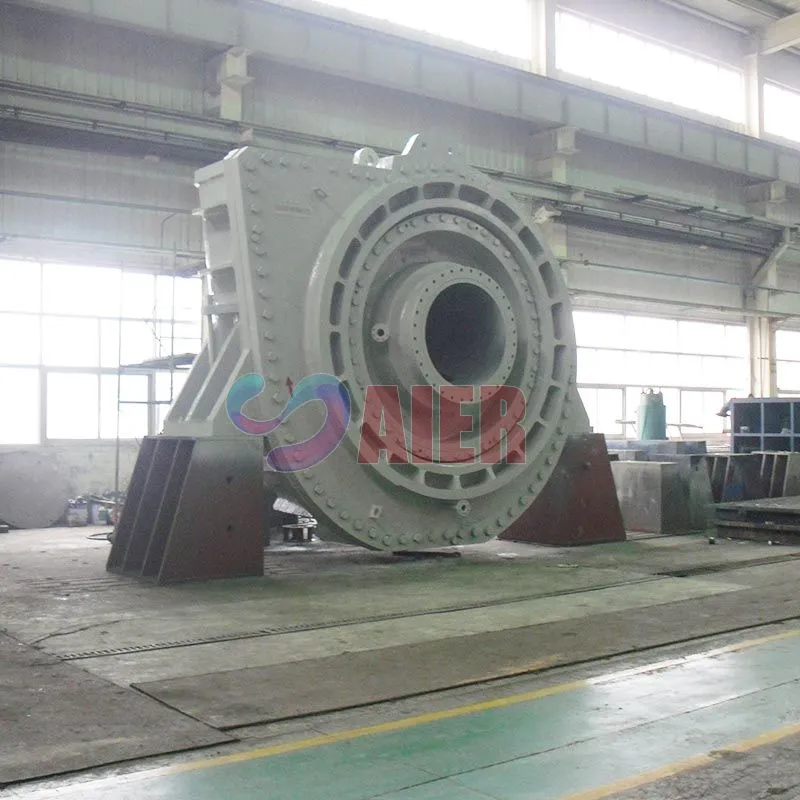Feb . 13, 2025 11:23 Back to list
slurry pump impeller type
When selecting a slurry pump impeller type, understanding the nuanced differences between various designs is crucial for optimizing performance and enhancing equipment longevity. Every slurry pump operates under unique conditions; hence, selecting the best impeller type not only improves efficiency but ensures the reliability and cost-effectiveness of your operations.
Selecting the right impeller type goes beyond the characteristics of the slurry. It's imperative to consider operational factors such as rotational speed, hydraulic efficiency, and cavitation risk. High rotational speeds generally mean higher wear rates, particularly in abrasive environments. Opting for materials like high chromium iron or rubber-lined impellers can extend lifespan by resisting wear. Hydraulic efficiency is paramount for energy consumption, impacting the total operational costs. While closed impellers generally offer higher hydraulic efficiency, the increased energy usage associated with constantly handling larger solids can erode these savings if clogging and breakdowns occur frequently. Cavitation, a concern for all hydraulic systems, can be mitigated by choosing the right impeller size and speed to align with your specific conditions. Matching impeller design with the pump's Net Positive Suction Head (NPSH) values ensures that vapour formation within the pump is minimized, preserving both the pump's integrity and its operational efficiency. Ultimately, consulting with slurry pump experts and manufacturers, who can offer insights into the latest technological advancements and material innovations, is invaluable for optimizing impeller choice. They can provide tailored advice based on real-world cases and empirical data, which bolster the decision-making process. Trusting expert recommendations not only amplifies operational efficiency but ingrains assurance in maintenance schedules and longevity of the pumping systems. In conclusion, choosing the perfect slurry pump impeller type is a sophisticated decision that necessitates a balanced consideration of slurry characteristics, operational conditions, and expert recommendations. Prioritizing performance metrics aligned with real-world scenarios ensures not only increased efficiency but cementing an operation's standing on the pillars of reliability and cost-effectiveness.


Selecting the right impeller type goes beyond the characteristics of the slurry. It's imperative to consider operational factors such as rotational speed, hydraulic efficiency, and cavitation risk. High rotational speeds generally mean higher wear rates, particularly in abrasive environments. Opting for materials like high chromium iron or rubber-lined impellers can extend lifespan by resisting wear. Hydraulic efficiency is paramount for energy consumption, impacting the total operational costs. While closed impellers generally offer higher hydraulic efficiency, the increased energy usage associated with constantly handling larger solids can erode these savings if clogging and breakdowns occur frequently. Cavitation, a concern for all hydraulic systems, can be mitigated by choosing the right impeller size and speed to align with your specific conditions. Matching impeller design with the pump's Net Positive Suction Head (NPSH) values ensures that vapour formation within the pump is minimized, preserving both the pump's integrity and its operational efficiency. Ultimately, consulting with slurry pump experts and manufacturers, who can offer insights into the latest technological advancements and material innovations, is invaluable for optimizing impeller choice. They can provide tailored advice based on real-world cases and empirical data, which bolster the decision-making process. Trusting expert recommendations not only amplifies operational efficiency but ingrains assurance in maintenance schedules and longevity of the pumping systems. In conclusion, choosing the perfect slurry pump impeller type is a sophisticated decision that necessitates a balanced consideration of slurry characteristics, operational conditions, and expert recommendations. Prioritizing performance metrics aligned with real-world scenarios ensures not only increased efficiency but cementing an operation's standing on the pillars of reliability and cost-effectiveness.
Latest news
-
Reliable Submersible Well Pump Manufacturer – Quality & Durability
NewsJul.26,2025
-
Submersible Pump Shaft Manufacturer - High Quality Vertical and Ceramic Slurry Pumps
NewsJul.25,2025
-
Top Submersible Well Pump Manufacturer - Reliable & Durable Solutions
NewsJul.24,2025
-
Leading Submersible Well Pump Manufacturer – Reliable & Durable Pumps
NewsJul.23,2025
-
Submersible Well Pump Manufacturer: Reliable & Efficient Solutions
NewsJul.22,2025
-
China Slurry Pump Volute Liner Factory | Durable Spare Parts
NewsJul.21,2025
